However you're feeding your baby, you'll be able to tell how well they're feeding by the contents of their nappy, their general appearance and behaviour, and their weight.
If you’re worried about whether your baby is getting enough milk, NHS Infant Feeding Advisor Marianne shares her advice in this short video.
Nappy contents
In the first couple of days babies don't pass much urine and the first dirty nappies will contain a thick, black, tar-like substance called meconium.
- Wet nappies: after the first few days, your baby should have at least six heavy wet nappies a day.
- Dirty nappies: after the first few days, your baby should pass a soft yellow stool at least twice but usually many more times every day. For older babies (one month old and beyond) it’s normal for bowel movement frequency to change; some babies may only have a dirty nappy once a week but if everything else is okay, there’s no need to worry.
Have a look at our feeding checklist for more information on this.
Warning sign: If your baby has fairly dry nappies and doesn't poo often, it could be a sign they're not getting enough fluid. Let your health professional know if this is the case.
Appearance and behaviour
- Your baby should attach to the breast without a fuss at most feeds.
- They should seem content and satisfied after most feeds.
- Their skin colour should be normal – any jaundice should be going away.
- Your baby should be alert when they're awake.
Warning sign: Contact your health visitor if your baby's behaviour and/or appearance doesn't match with the above. You can find out more about jaundice here.
Weight gain
Babies gain weight at different rates, but sometimes slower weight gain can be a sign your baby isn’t getting enough milk.
Warning sign: Your health visitor will be keeping tabs on your baby's weight in your maternity record and then your red book. If they haven't flagged up a problem your baby is most probably doing fine. However, if you think your baby isn't gaining enough weight, let your health visitor know. They will do everything they can to make sure there are no feeding issues and that you're confident your little one is gaining a healthy amount of weight.
 Activities & Play
Activities & Play Behaviour
Behaviour Childcare
Childcare Development & Growing Up
Development & Growing Up Family, Friends & Relationships
Family, Friends & Relationships Feeding Your Baby
Feeding Your Baby Food & Eating
Food & Eating Health & Safety
Health & Safety Mental Health & Wellbeing
Mental Health & Wellbeing Money & Work
Money & Work Online Behaviour & Safety
Online Behaviour & Safety Pregnancy & First Days
Pregnancy & First Days School & Education
School & Education Sleep
Sleep


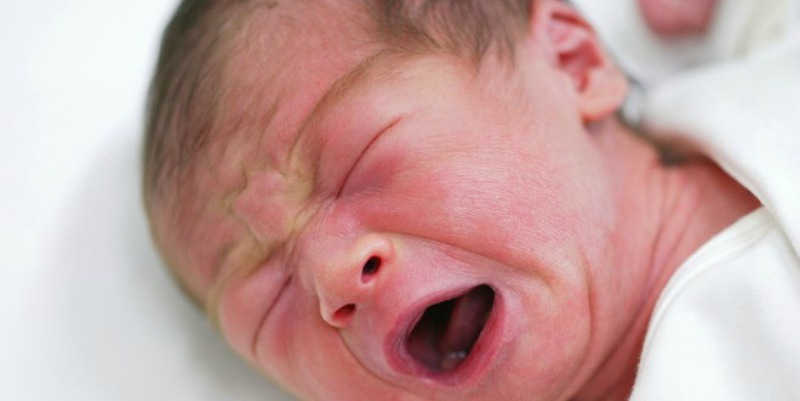
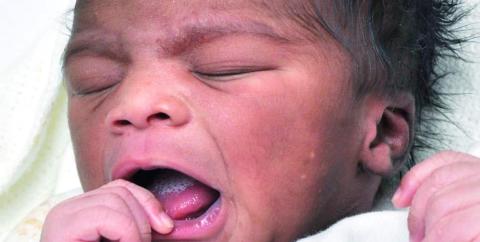
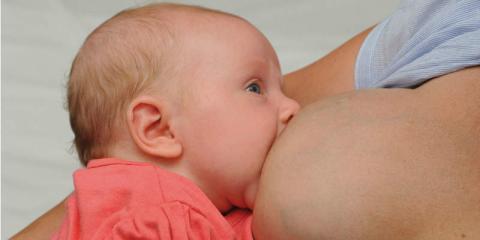


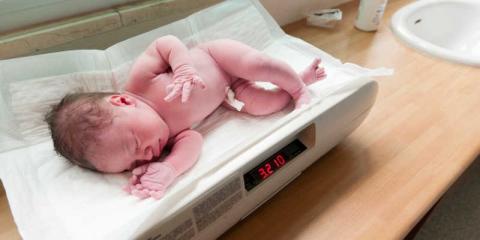


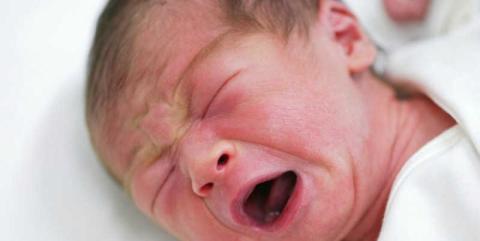
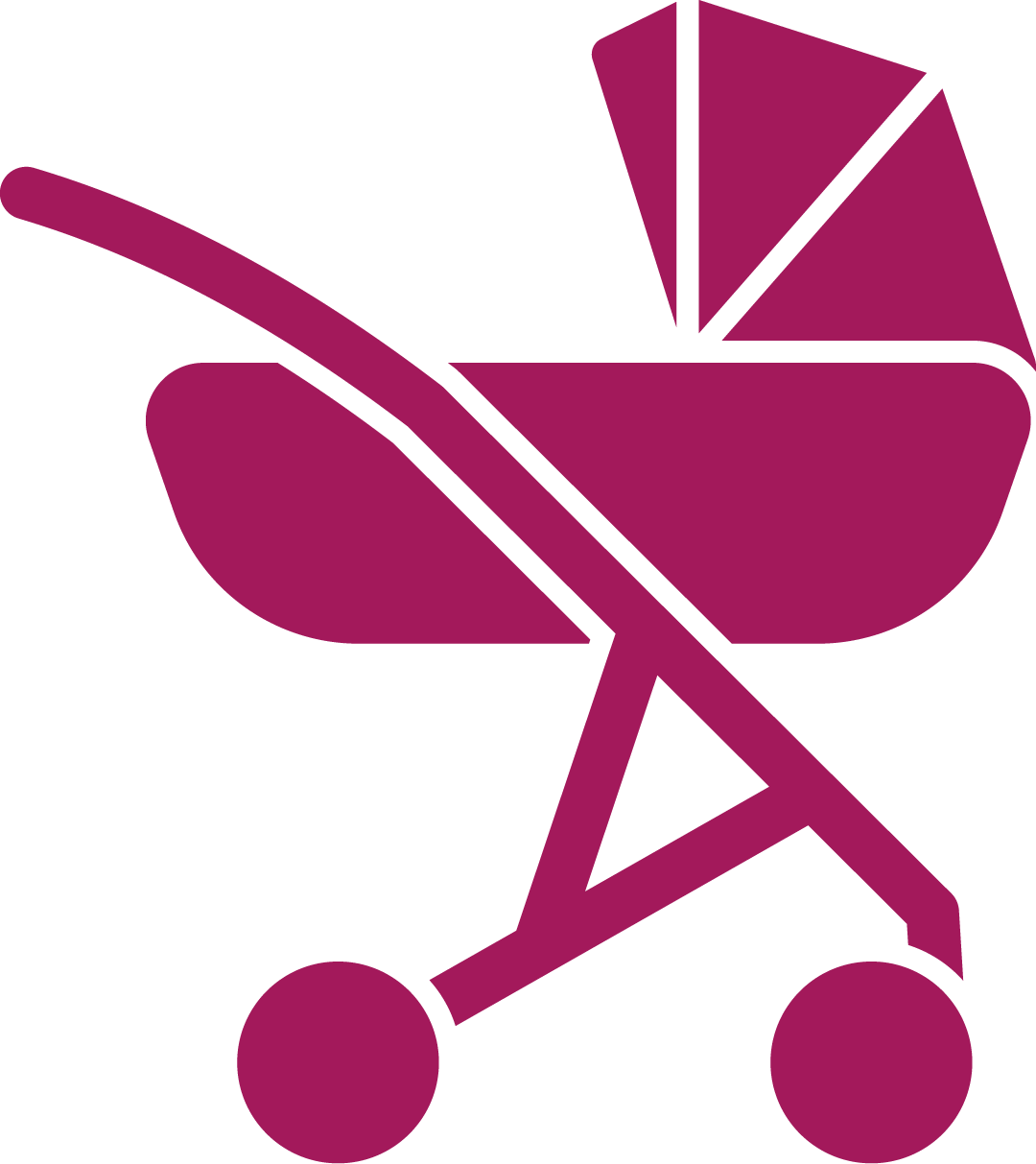 Pregnancy & First Days
Pregnancy & First Days
 Sleep
Sleep